Lawmakers have raised concerns after Chief Executive Carrie Lam announced a relaxation on eligibility requirements for a government mortgage scheme, with one democrat warning of a “negative equity trap” for young Hongkongers.
Under the Hong Kong Mortgage Corporation’s mortgage insurance scheme, first-time homebuyers can currently obtain as much as 90 per cent of properties value, for dwellings under HK$4 million. The ceiling will be raised to HK$8 million, Lam announced in Wednesday’s policy address.
The cap on the value of apartments eligible for mortgages of up to 80 per cent will also be raised from HK$6 million to HK$10 million.
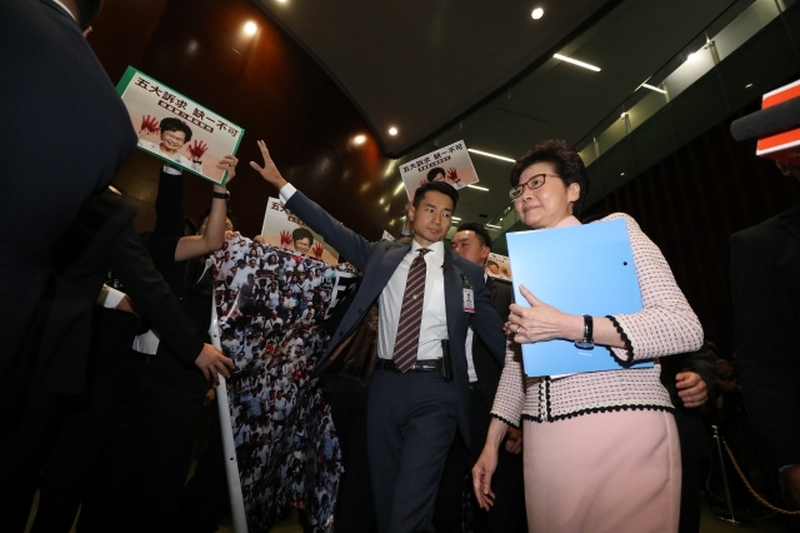
Under the schemes, homebuyers can spend up to half of their monthly income to repay the mortgage, and have to pass stress tests set by banks in order to prove they are able to keep up repayments. They also have to pay an additional 15 per cent premium as insurance.
However, even if first-time homebuyers cannot meet stress test requirements, they will still be eligible for up to 90 per cent mortgages, subject to an additional adjustment to the mortgage insurance, based on relevant risk factors.
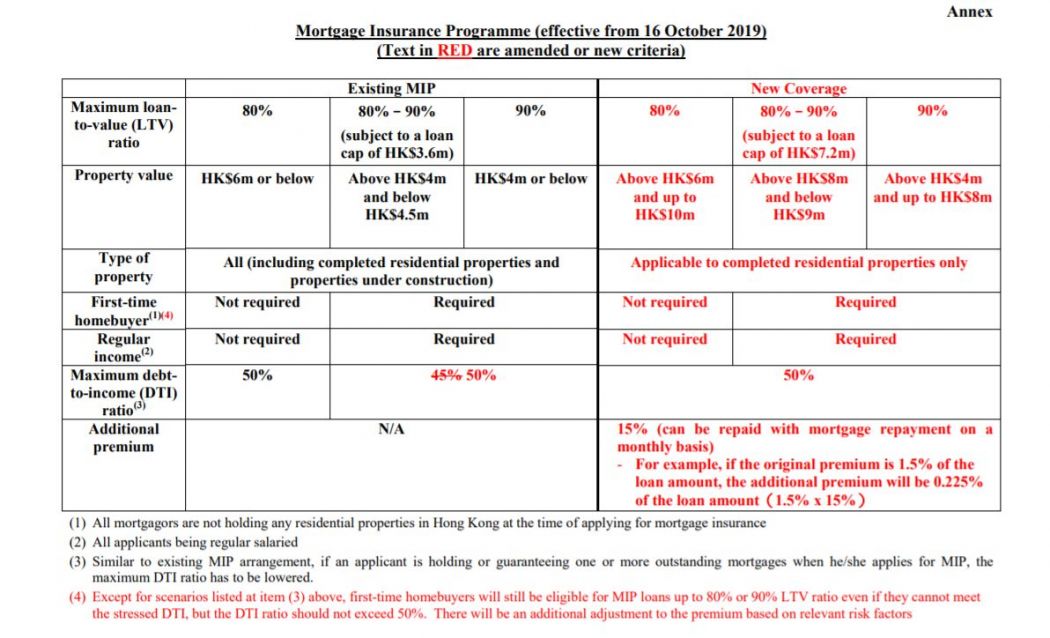
Lam, in explaining the new policy, said it was designed for people – especially professionals – who have enough income and an immediate need to buy a flat, but do not have enough in terms of a down payment.
“Even though housing prices dropped in recent months, it is still very difficult to find flats below HK$4 million,” she said.
She said many people had no alternative but to buy first-hand properties, for which developers can provide a second mortgage.
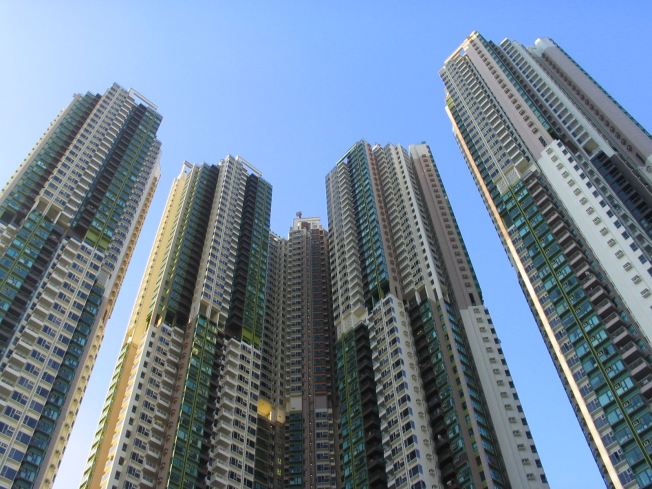
She said she hoped to provide more choices to families: “But, of course, they have to act on the basis of their abilities.”
Negative equity risk
The move to increase the ceiling for the mortgage financing scheme was met with scepticism from both the pro-Beijing and pro-democracy camps.
Democrat Au Nok-hin said it was harmful to young people overall: “Is this [policy] helping you buy property, or luring you into a trap, putting you on the path to negative equity?”
“You need to repay the mortgage for dozens of years… If you buy property at a high point in the market, and then there is an economic downturn, you will be stuck with negative equity.”
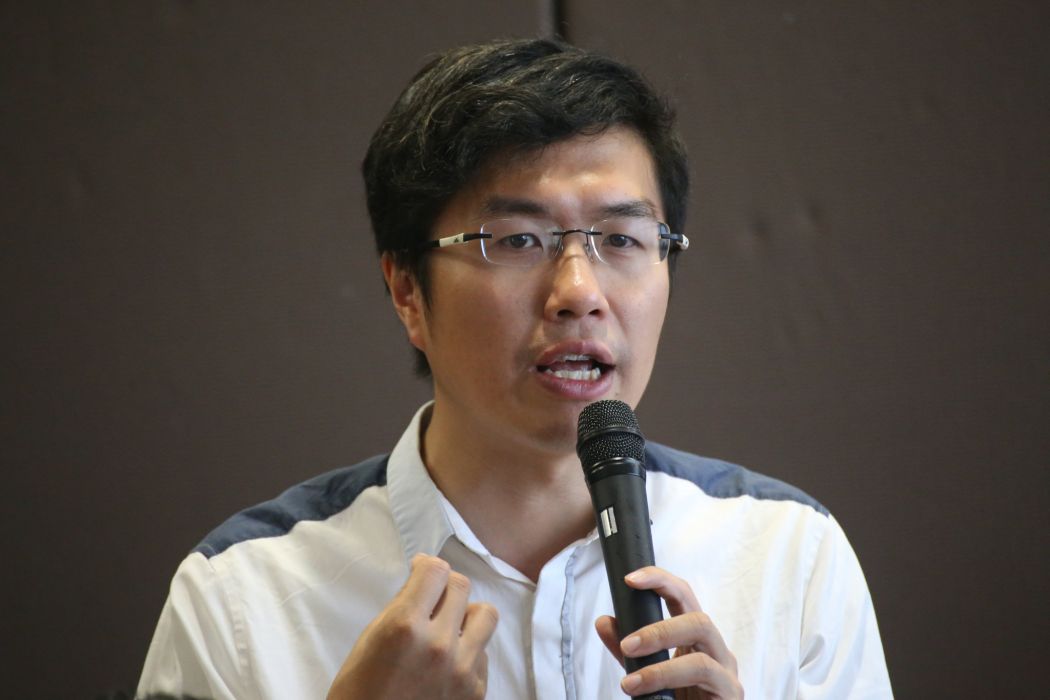
Negative equity refers to a situation whereby the value of the property is less than the outstanding balance on the loan taken.
Au added that the Hong Kong housing market is at a high point, but there are already signs that the economy is facing downward pressure.
Democratic Party lawmaker Andrew Wan said the new policy was unwise in the current situation where a global economic downturn may occur: “The objective effect [of the policy] would be to inflate property prices, and that people with an inadequate ability [to repay] would enter the property market.”
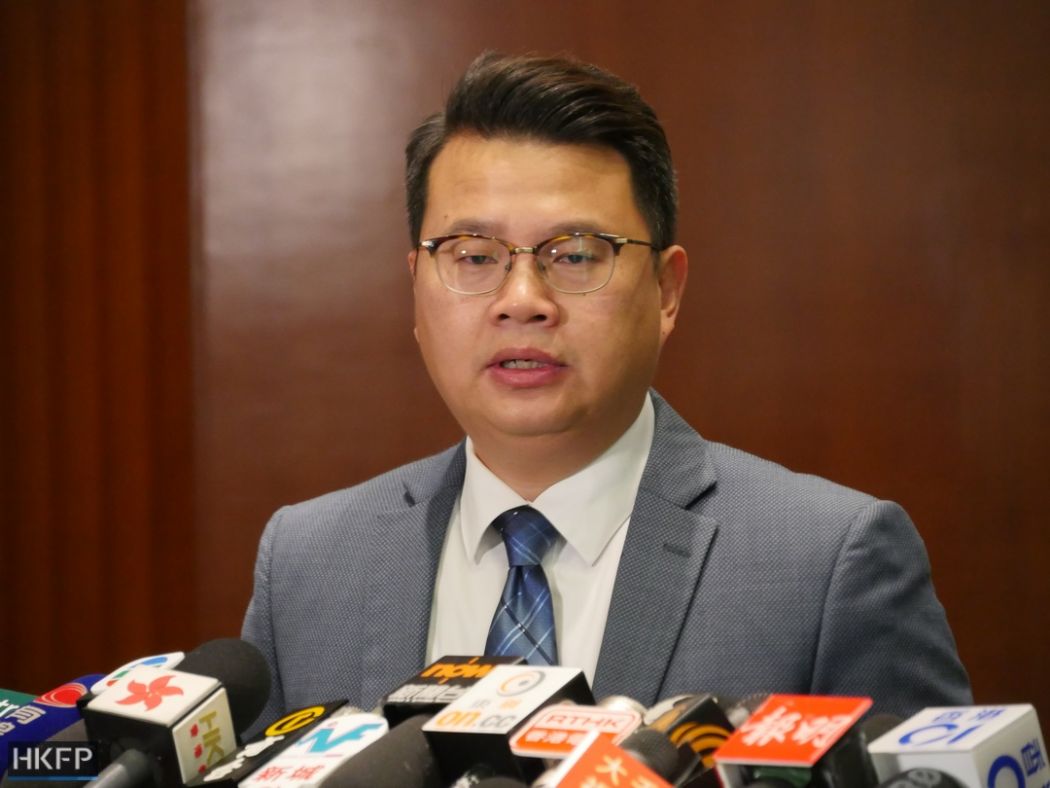
He said after that, after the policy was announced, some owners stopped selling properties and increased prices by ten per cent.
“[Carrie Lam] is presenting a dark path for young people… we will very likely see a crash in the housing market,” he said.
Wan said the government should provide more subsidised housing instead.
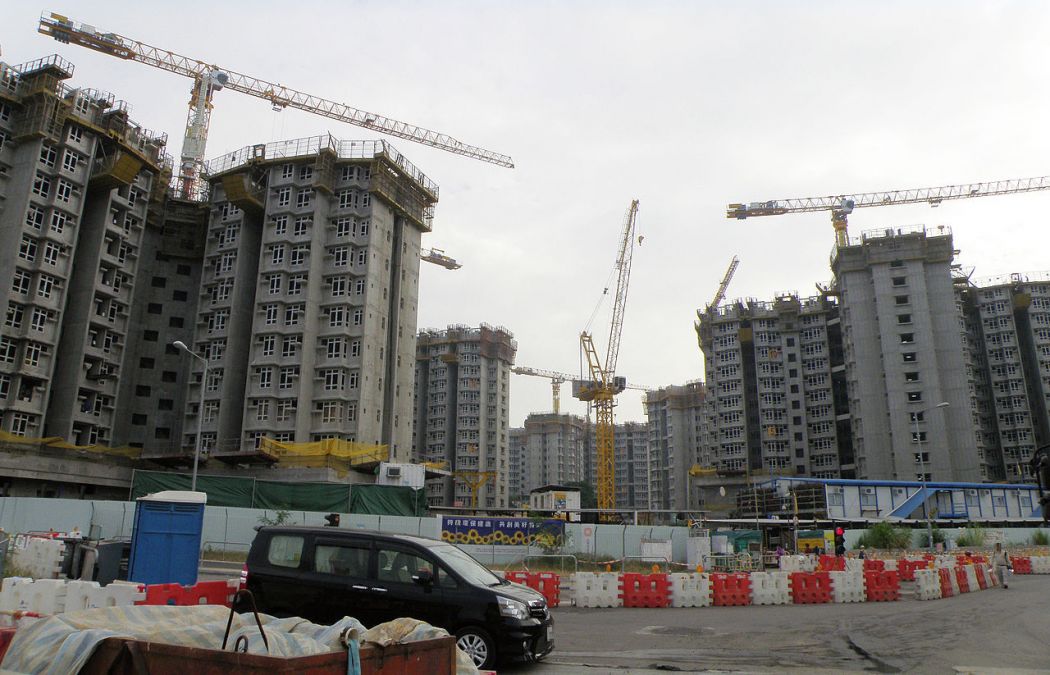
New People’s Party lawmaker Eunice Yung said the scheme can help young first-time homebuyers pay less in terms of a down payment.
“But the question is… even if someone can afford to pay the down payment, can they afford the mortgage payments?” she said.
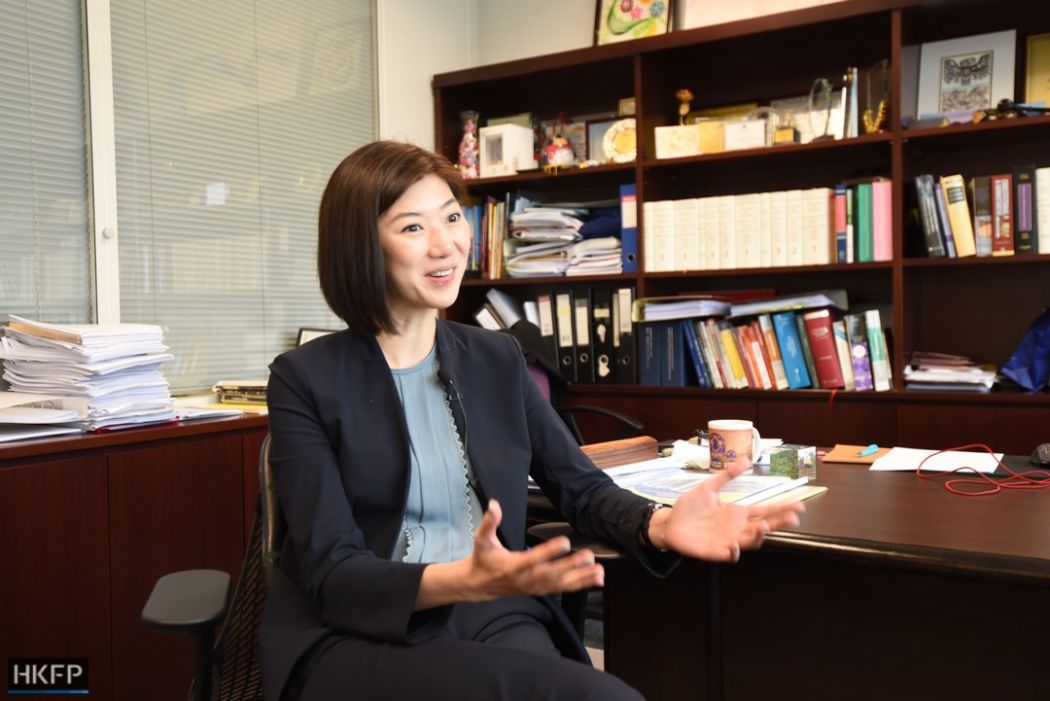
“It can help some people, but I have doubts over whether it can help young people buy property, because I know their wages may not be able keep up with the [mortgage plan].”
But pro-business Liberal Party lawmaker Tommy Cheung, who supported the new policy, said he did not believe it would push property prices even higher.
“Property price are, in the end, related to whether we have enough land to build properties – especially in the private market,” he said.
Hong Kong Free Press relies on direct reader support. Help safeguard independent journalism and press freedom as we invest more in freelancers, overtime, safety gear & insurance during this summer’s protests. 10 ways to support us.

